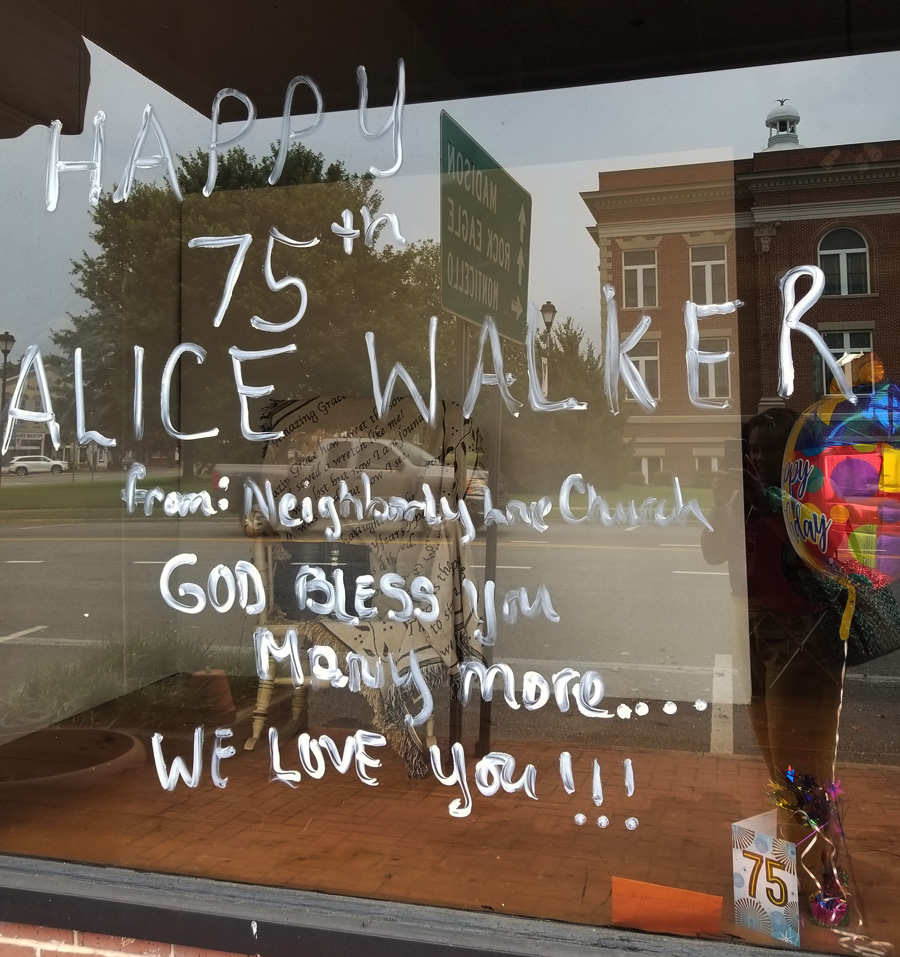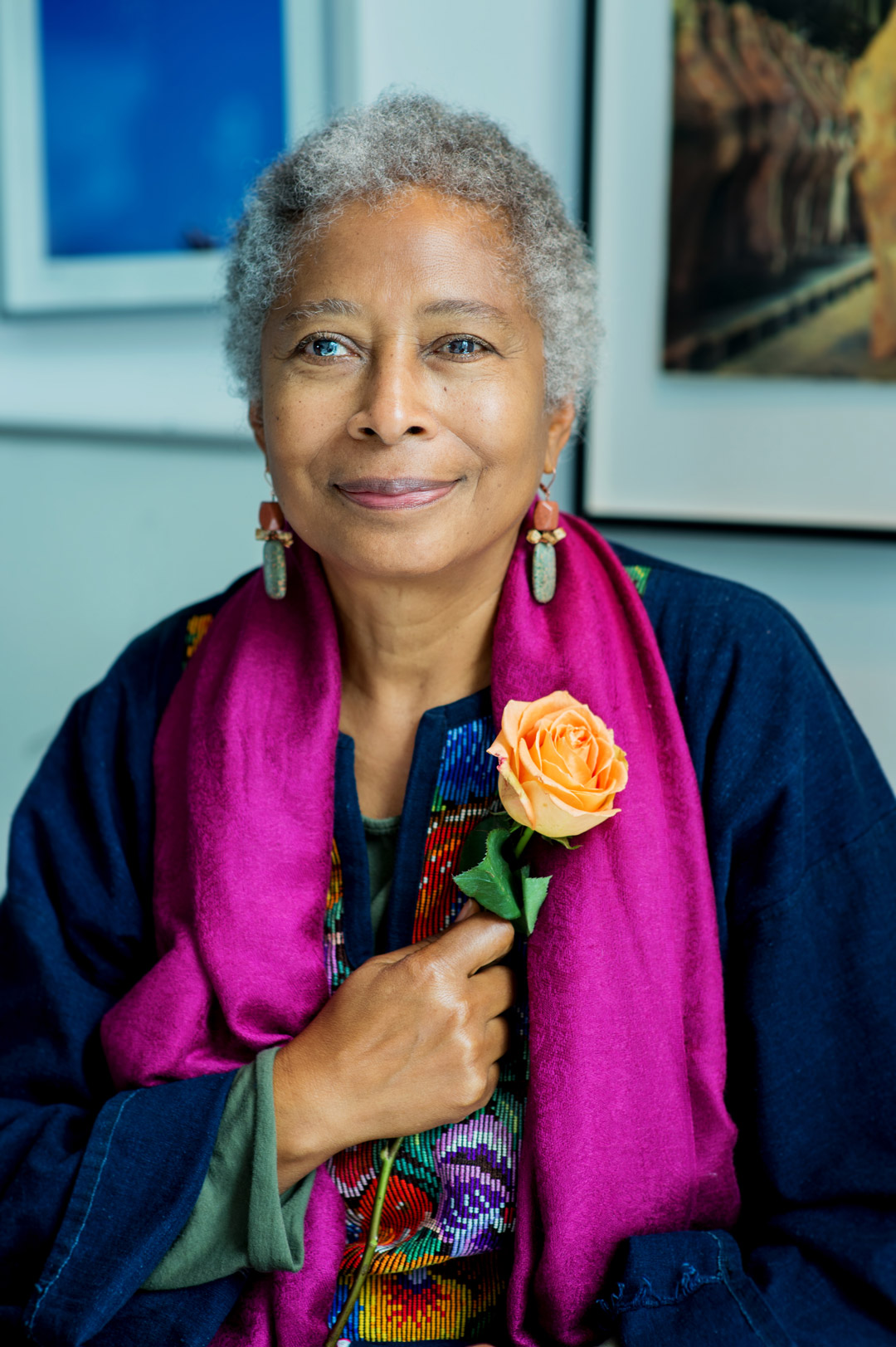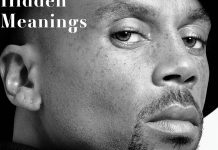
Hard Times Require Furious Dancing—one of Alice Walker’s more than 40 books—is perhaps the most apropos title to describe her 75th birthday celebration, held at the Georgia Writers Museum in her hometown of Eatonton, Georgia last weekend. The day-long event included musical performances, bus tours, book signings, and a film screening. I joined a crowd of strangers, sharing in their humanity and love of the written word, who danced together at the end to Aretha Franklin’s “Rock Steady,” one of Walker’s favorite songs.
Walker, who now resides in Oakland, was born in Eatonton in 1944 to a family of sharecroppers. At the event, she recalled her mother making $17 per week at a chicken farm and saving money to purchase Walker’s first typewriter. Walker attended Spelman College, where she became involved in the Civil Rights Movement, before finishing her degree at Sarah Lawrence.

Photograph by Ana Elena Pena
Like many millennials, I was first introduced to Walker’s work through the movie adaptation of her novel, The Color Purple, which chronicles 40 years in the life of a woman who is neglected, abused, and ultimately redeemed by love. At my high school, we didn’t read many books by women, so when my American literature teacher asked us to write a paper on any author we wanted, I chose Walker. This is when I discovered her poetry and her womanist activism. Her relentless advocacy of women and girls has continued to draw me to her work (the musical adaptation of The Color Purple was the first Broadway show I ever saw), so driving an hour out to a town with more trees than people to celebrate her birthday was a no-brainer.
During Saturday’s festivities, several renowned writers and creatives read excerpts from their choice of Walker’s books. Many of them chose her poetry, which feels as immediate and earnest in its reflections on a woman’s place in the world, race, and love as it did more than 20 years ago. Here, some of those writers and other attendees talk about what Walker’s work has meant to them.
Daniel Black, author of Perfect Peace “Alice Walker is the spiritual resuscitation of a dying nation.”
Tayari Jones, author of An American Marriage “Meridian is one of her lesser known works, but it’s set at a fictionalized version of Spelman, and when I read it, I was a student at Spelman. [At the time], it gave me context to the experience I was having. Alice Walker in general as an American writer, as a black writer, as a woman writer, as a writer from the South, as a writer from Georgia—no matter how more local I get in understanding who she is, I understand who I am. Alice Walker was the first time I had seen Southern, black women’s literature as world literature. In giving us citizenship to the world, we will never be able to repay her for that gift.”
Pratibha Parmar, director of the documentary Alice Walker: Beauty in Truth “Alice’s work—as much as her life—have had a profound impact on me as an artist and as a human being. Her courage to tell the truth and to ‘walk the line’ of life, even when it is difficult to hear, is a gift to all of us who speak out for the voiceless, the marginalized, and the invisible.”
Rose Scott, host of WABE’s A Closer Look “All of Alice Walker is my favorite—the poet, author, human rights activist, women’s rights activist, and woman. The Temple of My Familiar is one of my favorite [books] because it challenged me to think about my place in this world. As a journalist, I’m used to asking people to share their story, their road, their journey with me. And often, I don’t get to examine myself. So when I’m able to pick up a literary work that challenges me to do that, then I know it’s pretty special.”
Evelyn C. White, author of Alice Walker: A Life “American culture is so focused on overnight success, and as someone who knew the struggles that Alice Walker had endured growing up in this little town . . . by the time The Color Purple became that history, which Alice wrote about in In Search of Our Mother’s Gardens, it had been completely erased. I knew as a journalist that her full history, the cost of becoming who she’s become, would be erased because the culture is so focused on celebrity. That has been the most influential for me—to not shy away from the struggle and hardship. And this thing about ‘strong black women’ [somehow being untouchable], we know that is a lie. Many of the black women activists [I interviewed for my book] are dead because of the cost. Alice Walker’s work has made me look at the cost of my life, my family history, and that’s very important.













